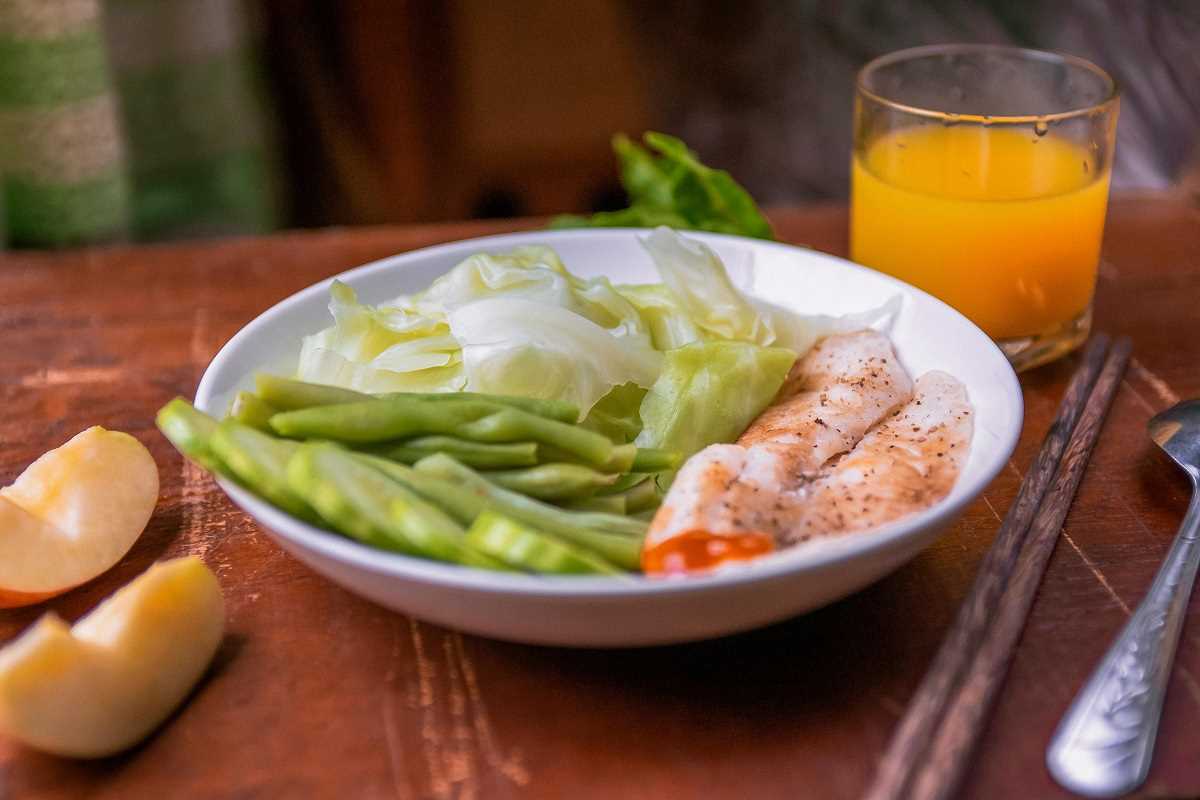Statins are an essential tool for managing high cholesterol, reducing your risk of heart attacks, and improving overall cardiovascular health. If you're taking statins, though, what you eat matters more than you might think. Diet plays a critical role in how well this medication works—and how well your heart thrives. Proper nutrition not only enhances the effectiveness of statins but also helps you build a foundation for long-term wellness.
This article will help you better understand why diet is so important when taking statins. We’ll explore the best foods to include, which to avoid, and practical ways to build a heart-healthy eating routine that supports your treatment.
Why Your Diet Matters with Statins
Statins work by blocking an enzyme in your liver that’s responsible for producing cholesterol. Lowering cholesterol levels in your blood reduces plaque buildup in your arteries, decreasing your risk of serious conditions like heart disease and stroke.
But here’s the thing—statins can only do so much on their own. Your lifestyle, particularly your diet, plays a major role in your cholesterol levels. The foods you eat can complement or interfere with the medication’s effectiveness. A poor diet may even negate some of the benefits of statins, making your treatment less effective over time.
By managing your diet, you’re essentially giving statins the backup they need to work at their full potential.
Building a Heart-Healthy Diet
A heart-healthy diet is key when you’re on statins. It not only supports the medication’s effectiveness but also promotes overall cardiovascular wellness. Here are the core components of a diet tailored for those taking statins.
1. Focus on High-Fiber Foods
Fiber, especially soluble fiber, is a powerhouse when it comes to cholesterol management. Fiber binds to cholesterol in your digestive system and helps remove it from your body before it can enter your blood.
Some high-fiber foods to include are:
- Oats (great for breakfast bowls).
- Legumes, like lentils, black beans, and chickpeas.
- Fruits like apples, pears, and berries.
- Vegetables such as carrots, broccoli, and sweet potatoes.
Practical tip: Add a handful of chia seeds or flaxseeds to your smoothies or sprinkle them over salads for an easy fiber boost.
2. Choose Healthy Fats
Not all fats are created equal. While you’ll want to minimize saturated fats and trans fats (more on that in a moment), healthy fats are not only good for your heart but also for reducing “bad” cholesterol (LDL) and boosting “good” cholesterol (HDL).
Sources of healthy fats include:
- Avocados.
- Fatty fish like salmon, mackerel, and sardines (which are rich in omega-3s).
- Nuts and seeds, like almonds, walnuts, and sunflower seeds.
- Olive oil, a staple in Mediterranean diets.
Practical tip: Swap butter for olive oil when cooking or drizzle it over roasted vegetables for extra heart-friendly flavor.
3. Load Up on Vegetables
Vegetables are rich in vitamins, minerals, and antioxidants that promote heart health and reduce inflammation. Leafy greens, like spinach and kale, are particularly good for reducing cholesterol.
Include a variety of colorful vegetables in your meals. Think bell peppers, tomatoes, zucchini, and sweet potatoes. The more diverse your veggie intake, the broader the range of nutrients you’ll get.
Try to incorporate veggies into every meal—for example, toss some peppers and onions into your morning eggs or serve roasted asparagus alongside dinner.
4. Whole Grains Over Refined Carbs
Refined carbs, like white bread and sugary snacks, can contribute to high cholesterol and blood sugar spikes. Whole grains, on the other hand, offer complex carbs and additional fiber that help maintain steady blood sugar levels and improve heart health.
Opt for:
- Brown rice instead of white rice.
- Whole-grain bread instead of white bread.
- Quinoa, bulgur, or barley as side dishes.
The key is swapping out refined grains for whole grains wherever possible.
Foods to Avoid
You’ve probably guessed it—some foods don’t play nicely with statins or your heart health in general. Here are the main culprits to avoid or limit.
Saturated and Trans Fats
- Foods high in saturated fats, like fatty cuts of meat, butter, and full-fat dairy, contribute to higher LDL cholesterol levels (the “bad” cholesterol) in your bloodstream. Trans fats, often found in processed snacks and baked goods, are even worse because they both increase LDL and decrease HDL (the “good” cholesterol).
- Instead, choose lean proteins like chicken, turkey, or plant-based options like tofu and tempeh.
Excessive Sugar
- Sugary foods and drinks (sodas, desserts, and processed snacks) can lead to weight gain and increased cholesterol levels over time. They also offer little nutritional value.
- Try replacing these with naturally sweet options like fresh fruit or small servings of dark chocolate to satisfy your cravings without compromising your health.
Grapefruit
- Here’s where things get interesting—grapefruit and statins don’t mix. Grapefruit contains compounds that interfere with how statins are metabolized in your body, potentially leading to dangerous side effects.
- Avoid consuming grapefruit or grapefruit juice while on statins. If you’re a fruit lover, stick to options like oranges, apples, or berries instead.
Practical Dietary Tips
Managing your diet doesn’t need to feel restrictive or overwhelming. These simple tips can help you stay on track without overthinking it.
- Plan Ahead: Take some time each week to plan your meals and snacks. Having heart-healthy options on hand makes it easier to stick to your goals and resist unhealthy temptations.
- Cook at Home: Preparing meals at home gives you control over the ingredients and portions. Experiment with new recipes featuring whole foods, fresh herbs, and spices for added flavor without added salt or fat.
- Read Labels: When buying packaged foods, take a look at the nutrition labels. Watch out for high amounts of added sugars, unhealthy fats, or sodium.
- Practice Portion Control: Even healthy foods can add up if you eat too much. Keep your portions reasonable, especially when it comes to calorie-dense options like nuts and olive oil.
- Stay Consistent: Remember, making small, consistent changes to your diet over time is more effective than drastic, short-term dietary shifts. Every step you take toward a healthier diet benefits your heart.
Diet and Lifestyle Go Hand in Hand
Diet is only one part of the puzzle. Pair your heart-healthy eating habits with other lifestyle changes like regular exercise, stress management, and not smoking. Together, these efforts create a powerful foundation for your cardiovascular health.
Statins alone are an incredibly effective tool for managing cholesterol, but they work best when part of a bigger picture that includes a well-planned diet and healthy habits. Treat your diet as an opportunity to enhance the benefits of your medication rather than forsake one for the other.
 (Image via
(Image via





